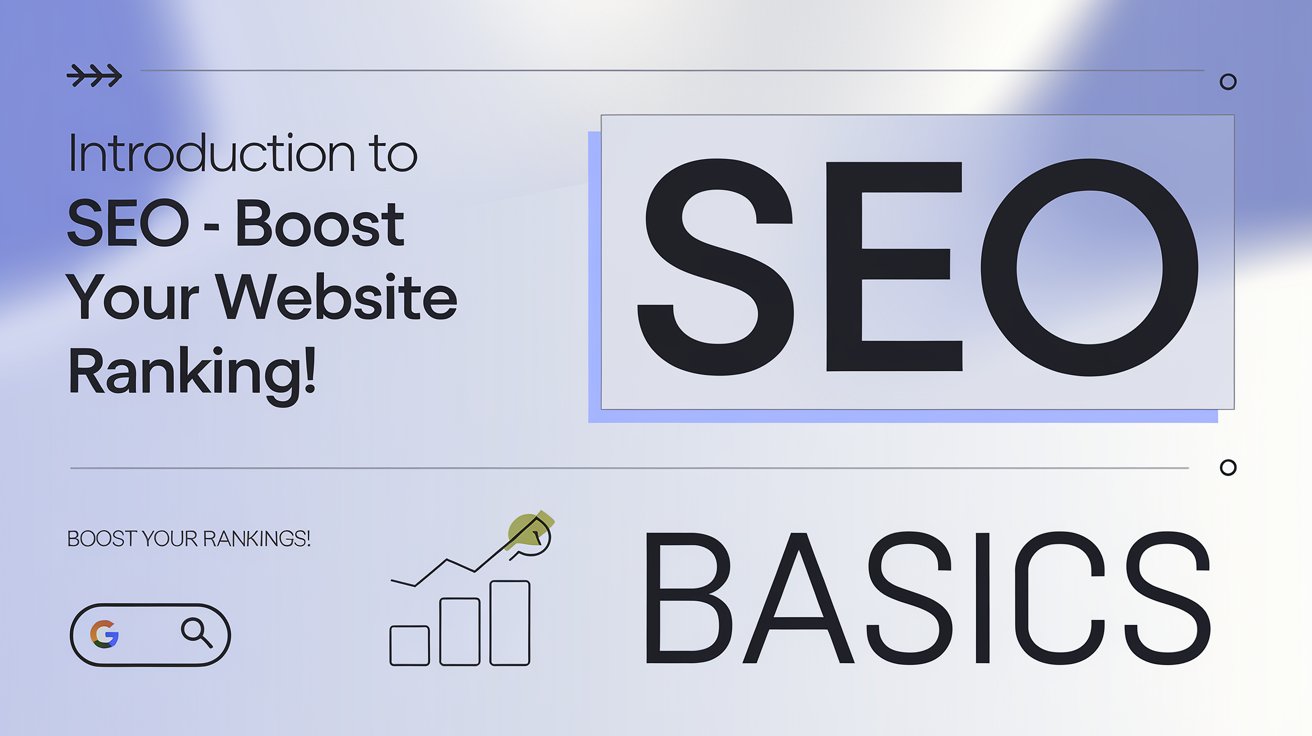Search Engine Optimization (SEO) is the practice of optimizing a website to improve its visibility on search engines like Google, Bing, and Yahoo. The goal of SEO is to attract organic (non-paid) traffic by ranking higher in search engine results pages (SERPs).
Read More: How to Write Blog Posts That Rank on Google
Why is SEO Important?
- Increases Website Traffic: Higher rankings lead to more visibility and clicks.
- Improves User Experience: SEO involves optimizing website structure, speed, and content, making it user-friendly.
- Builds Credibility & Trust: Websites that appear on the first page of search results are perceived as more credible.
- Cost-Effective Marketing Strategy: Unlike paid ads, organic traffic through SEO is free and sustainable.
Key Components of SEO
- On-Page SEO – Optimizing content, keywords, meta tags, and URL structure.
- Off-Page SEO – Building backlinks, social signals, and brand authority.
- Technical SEO – Improving website speed, mobile-friendliness, and security (SSL).
- Local SEO – Optimizing for local searches and Google My Business listings.
How Search Engines Work
Search engines use bots (crawlers) to scan websites, index content, and rank pages based on relevance, user experience, and authority. Google’s algorithm considers hundreds of factors, including keywords, backlinks, and mobile usability.
Getting Started with SEO
- Conduct keyword research to find what users are searching for.
- Create high-quality, relevant content to match search intent.
- Optimize your website for speed, mobile-friendliness, and user experience.
- Build backlinks from authoritative sources to increase credibility.
Mastering SEO takes time, but with consistent effort, it can significantly improve a website’s visibility and success. 🚀
Would you like a more detailed guide or a specific section expanded?
